The British Council has reiterated its commitment to promoting inclusive and equitable education through language-responsive teaching and learning approaches across Sub-Saharan Africa.
Speaking at a press conference in Abuja ahead of the Language in Education International Conference 2025, Julian Parry, the organisation’s Director of English Programmes, Sub-Saharan Africa, said the conference seeks to explore how language can serve as a bridge to inclusion, identity and opportunity for every learner.
The two-day conference, themed “Language, Education and Inclusion: Empowering Every Learner,” will bring together policymakers, educators, researchers, and development partners from across Africa, South Asia and the United Kingdom to discuss how language can be used to advance equitable quality education.
Parry noted that hosting the 2025 edition in Nigeria was particularly significant, given the country’s linguistic richness and strong educational ambitions.
He explained that the gathering is not a one-off event but part of a long-standing dialogue aimed at ensuring that every learner, regardless of language background, has an equal opportunity to thrive.
“Language is not just a tool for communication, but a bridge to inclusion, identity and opportunity. In many parts of the world, language remains a barrier. This conference is about sharing evidence, challenges and successes so that we can learn from one another,” Parry said.
He highlighted the British Council’s global work supporting governments in achieving their education goals through initiatives focused on teaching quality, foundational learning, girls’ education, school leadership, and language in crisis or migration contexts.
Citing examples, Parry mentioned the Council’s partnerships in Rwanda and Uganda. In Rwanda, he explained that the British Council works with the Mastercard Foundation and the Rwanda Basic Education Board to improve English proficiency among teachers of STEM subjects.
In Uganda, he said its Language for Resilience project with Windle International supports the integration of refugees into host communities through language learning and inclusive education practices.
Across Sub-Saharan Africa, Parry said, over a million teachers access the British Council’s Teaching English platforms annually to gain free resources, training, and global peer-learning opportunities.
He emphasised that the British Council is not an advocacy or policy-making body, but a trusted partner working alongside governments and institutions to help them achieve their education priorities through evidence-based collaboration.
“Our aim is simple but ambitious, to share evidence, strengthen collaboration and start a conversation that will help move us closer to a world where every learner, regardless of their language background, can participate fully and succeed,” he added.
Also speaking, Chikodi Onyemerela, Director of Programmes, British Council Nigeria, said the organisation’s work on inclusion in Nigeria continues to shape its programming and long-term partnerships with government and education stakeholders.
“We are deeply privileged to be hosted in Nigeria, and we are very proud about that. Our work on inclusion feeds back into our programming. Since 2015, through our Pan-Ethnic Classrooms Programme, we have developed inclusive pedagogy initiatives that enable teachers to embed inclusive practices in the classroom,” Onyemerela stated.
He noted that the British Council has trained several teachers across seven states in Nigeria under this programme, helping to build the capacity of educators to support diverse learners.
Onyemerela further disclosed that the Council has played a key role in supporting the Nigerian government in developing and revising the National Inclusive Education Policy, first introduced in 2018 and updated in 2024.
“We were co-partners with the Ministry of Education in developing this policy, and last year, the Minister of State for Education inaugurated an implementation committee during our inclusive education conference to ensure that the policy translates into action,” he said.
He explained that the British Council’s annual Inclusive Education Conference, which has run for eight consecutive years, serves as a platform for promoting sustainable inclusive practices in Nigeria’s school system.
“We are focusing on language as an inclusion issue because we believe there are dimensions of language that directly support inclusion. Over the years, our conferences have explored key themes such as Special Education Needs and Disabilities (SEND) and strategies for moving from policy to practice,” Onyemerela added.
Share this post
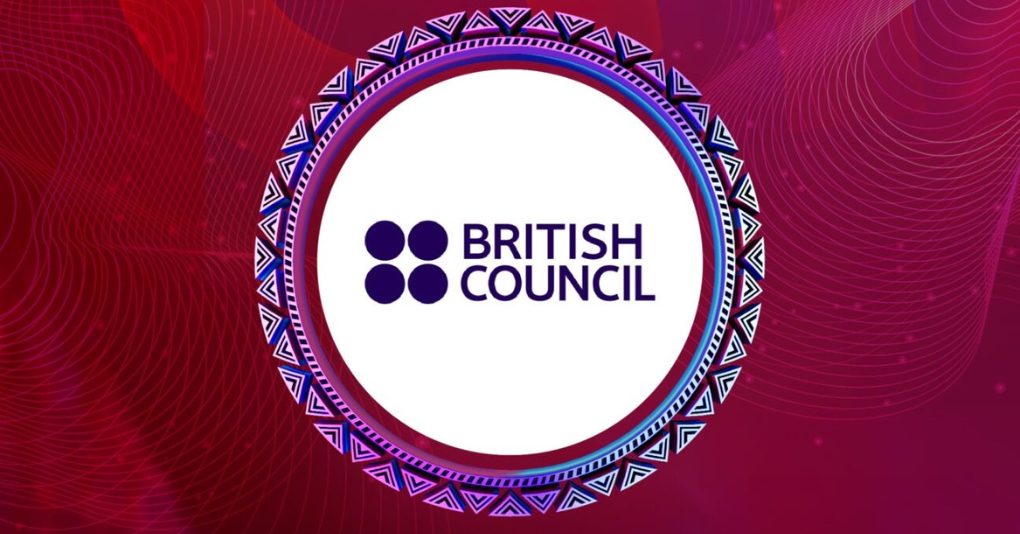
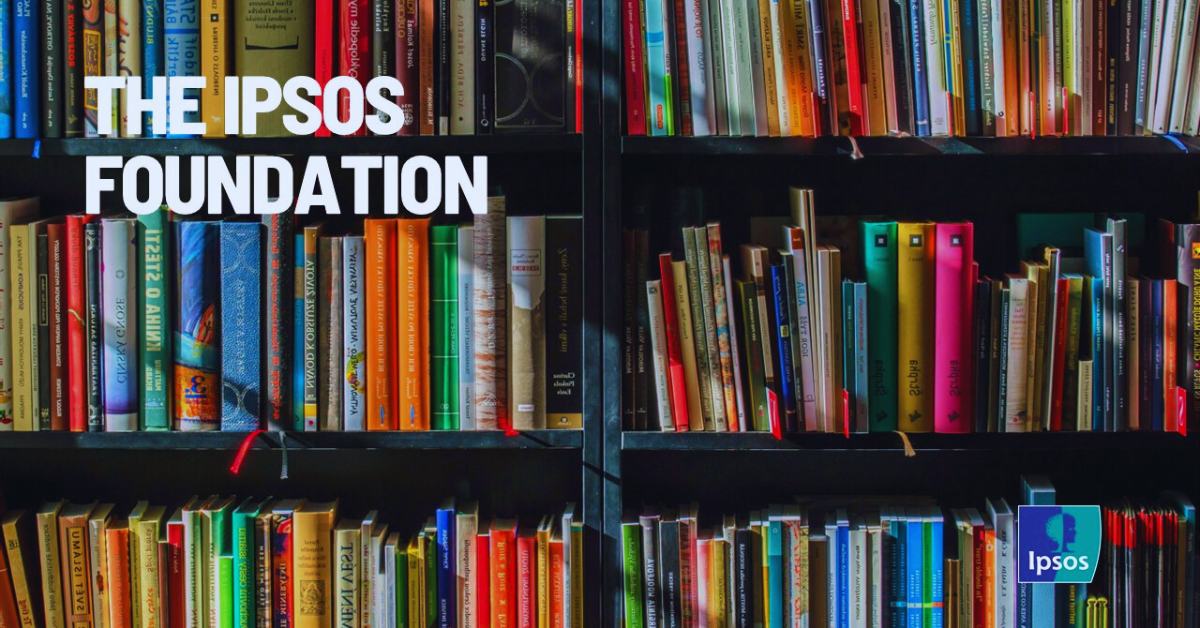
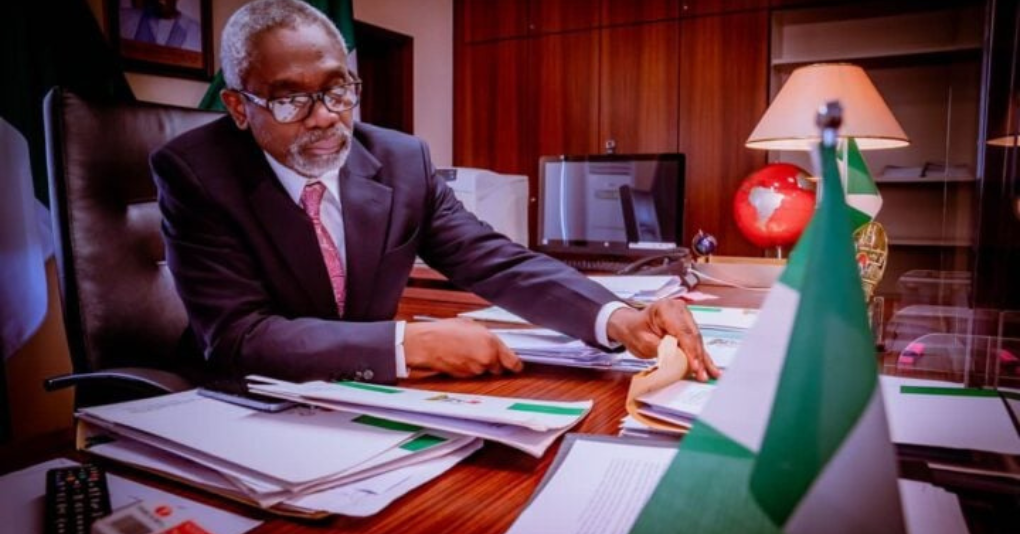
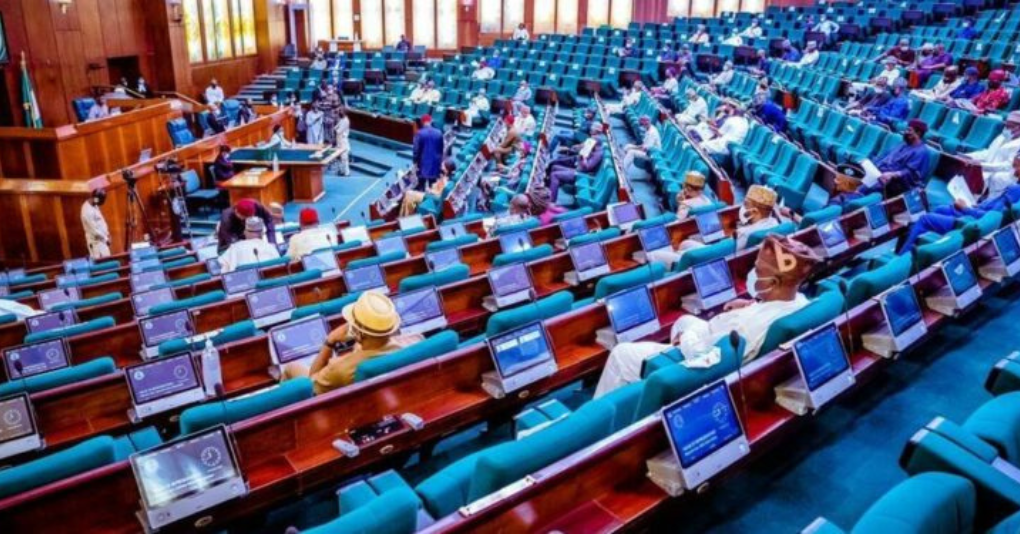
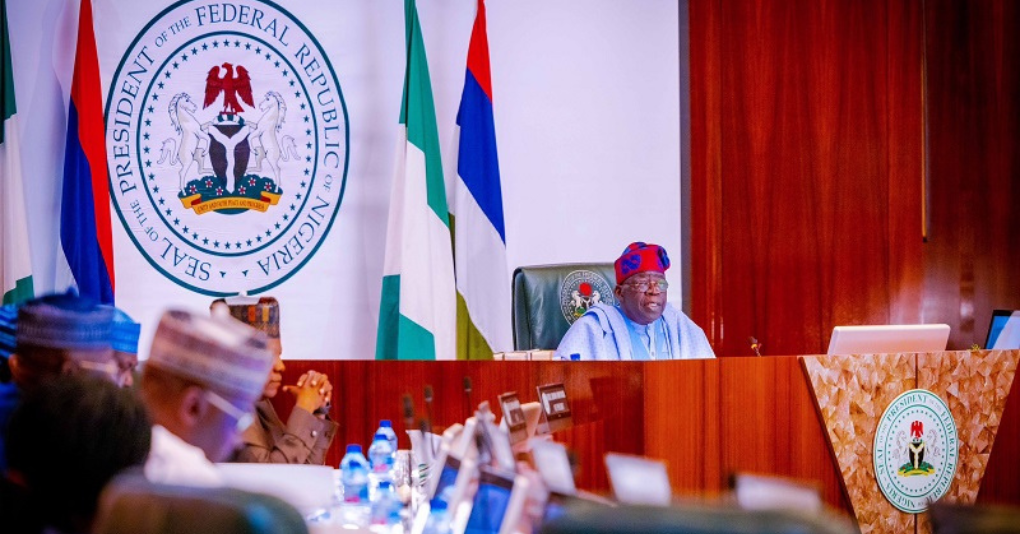
Be the first to comment on this post